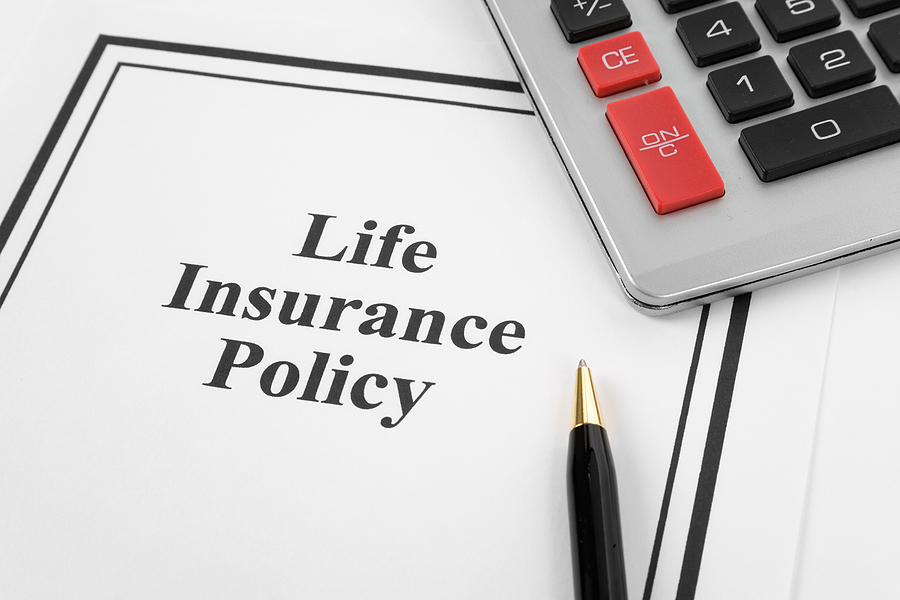Buying a car has never been an investment, be it new or used. Any owner knows that that asset will have its devaluation and its costs, such as maintenance, insurance and others. Even so, making the best possible deal in buying and selling can decrease the lost value considerably. Small details can make the difference for the interested party to take or not the vehicle you are advertising, and they range from the presentation of the car to the way you conduct the negotiation.
If you are thinking of selling your vehicle, there are several ways to do this. And this variety of options makes many doubt which one to choose. Should I sell my car privately or at a store? If I decide to do this on my own, what steps should I take to get the best price? And what precautions are important for a safe sale? I know this is not the same as the case of “I sell my junk car”. In that case, I don’t need to pay too much attention to every detail of my car.
The first thing you need to decide is whether to sell your vehicle privately or not. And this is an important decision, as there are considerable differences between the two types of sale. See below the pros and cons of each and decide, based on your situation, which is the best option:
SALE THROUGH A STORE
This type of sale is the most sought after by those who need a quick deal. You don’t have to worry about an ad, just take your vehicle for an evaluation and decide whether to accept leaving your car for that amount. But, be prepared: the seller will offer much (but much) below what you expect, especially if you target the list price. The reason for this is simple. When you put your car in a store, you add another part that needs to profit from that sale. As the final value cannot go up that much, what changes is how much they will offer you. Some models have good resale value and are easy to negotiate, but others are real challenges for sellers. And it is exactly in these cases that the customer can expect a smaller offer.
PRIVATE SALE
If selling at a store or parking lots is faster, private selling requires a lot more time and patience. You need to prepare your car for sale (no one will want to look at a dirty or scratched and dented model), choose the form of sale and then receive the various interested parties to negotiate. But this is where the positive side comes in, as the final value is usually much higher. Negotiating based on the table becomes much easier, in addition to the fact that you will be in control of the situation, being able to expose more clearly the positive points of the car that you cared for with so much affection. Showing a car history document will help your buyer to be more trustful and confident about this deal. Also, you must decide what to do with your plate, if you have one. When car owners have previously bought a personalized number, they must ensure its costs are included. So, when looking for the best price while trying to sell your number plate, make sure you count on reliable counsel.
RECEIVING INTERESTED PARTIES
This is the part that requires the most patience, as it can take months to sell your vehicle. Even so, receive anyone interested in education. Don’t forget to make a specific appointment, so you will have time to clean the vehicle quickly before the person arrives. Also, always be concerned with security. It is best to set up a public place for the meeting, so you are not exposed to receiving strangers in your home. And if the person shows the least interest, leave the door open for keeping in touch and clearing up any doubts they may have.
CLOSING THE DEAL
If all goes well and you accept a proposal, be careful. Do not accept payment by cash or check, but try to do everything through the bank. And don’t forget to fill in the registration certificate with the data of the new buyer, thus avoiding any headache with fines or other future problems.
And remember to remove your personalized license plate before handing over the keys!
Image Source: BigStock.com (licensed)
Site Disclaimer
The Content in this post and on this site is for informational and entertainment purposes only. You should not construe any such information or other material as legal, tax, investment, financial, or other advice. Nothing contained on our Site constitutes a solicitation, recommendation, endorsement, or offer by HII or any third party service provider to buy or sell any securities or other financial instruments.
Nothing in this post or on this site constitutes professional and/or financial advice. You alone assume the sole responsibility of evaluating the merits and risks associated with the use of any information or other content in this post or on this site.
You recognize that when making investments, an investor may get back less than the amount invested. Information on past performance, where given, is not necessarily a guide to future performance.
Related Categories: auto, Money, Reviews








